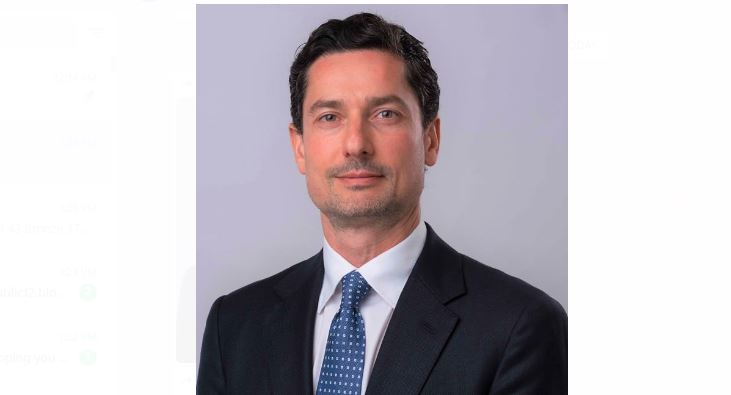
The firm said this in a statement in Lagos on Wednesday.
The statement read in part, “It is estimated that the total investment by the private sector for the development of Snake Island Port will be about $1bn initially with a further $850m re-invested over the project’s lifetime, under a 45-year concession with over $5.2bn revenue to the Federal Government over the period.”
Recall that the Federal Executive Council which was presided over by former President Buhari in May approved the commencement and expansion of Snake Island Port in a public-private partnership arrangement.
The Chief Executive Officer of Nigerdock, Mr. Mahar Jarmakani, said that historically, Nigerdock had focused on ship repair and marine services.
He added that the firm was acquired in 2003 by Jagal, a diversified Nigerian conglomerate.
Jarmakani said after the acquisition Nigerdock embarked on an ambitious expansion programmer, investing heavily in new infrastructure, equipment and facilities, rapidly expanding the company’s workforce, increasing productivity, and improving efficiency.
“As a result of the investments, Nigerdock was able to significantly improve its capabilities and expand its service offerings. The company became a leading service provider to the offshore oil and gas sectors providing EPC fabrication, marine services and supply base logistics. It played a central role in the growth of Nigeria’s local content capacity and the local development of the country’s energy assets. Under the core investment of Jagal, Nigerdock acquired a series of approvals over the last 20 years,” he explained.
He said that the company was awarded Free Zone and Port Development Status by the Presidency in 2005 for its 252 hectares of land at Snake Island, Lagos, which led to the establishment of the Snake Island Integrated Free Trade Zone.
“In 2017, approval was granted by the Nigerian Ports Authority and the Nigeria Customs Service for direct shipping, underscored by the company’s scale-up efforts to expand its Free Zone and Port Terminal operations, serving as a hub for strategic logistics and manufacturing businesses to set up. This was followed by registration of the Company by the Nigerian Maritime Administration and Safety Agency as a terminal operator,” Jarmakani added.





